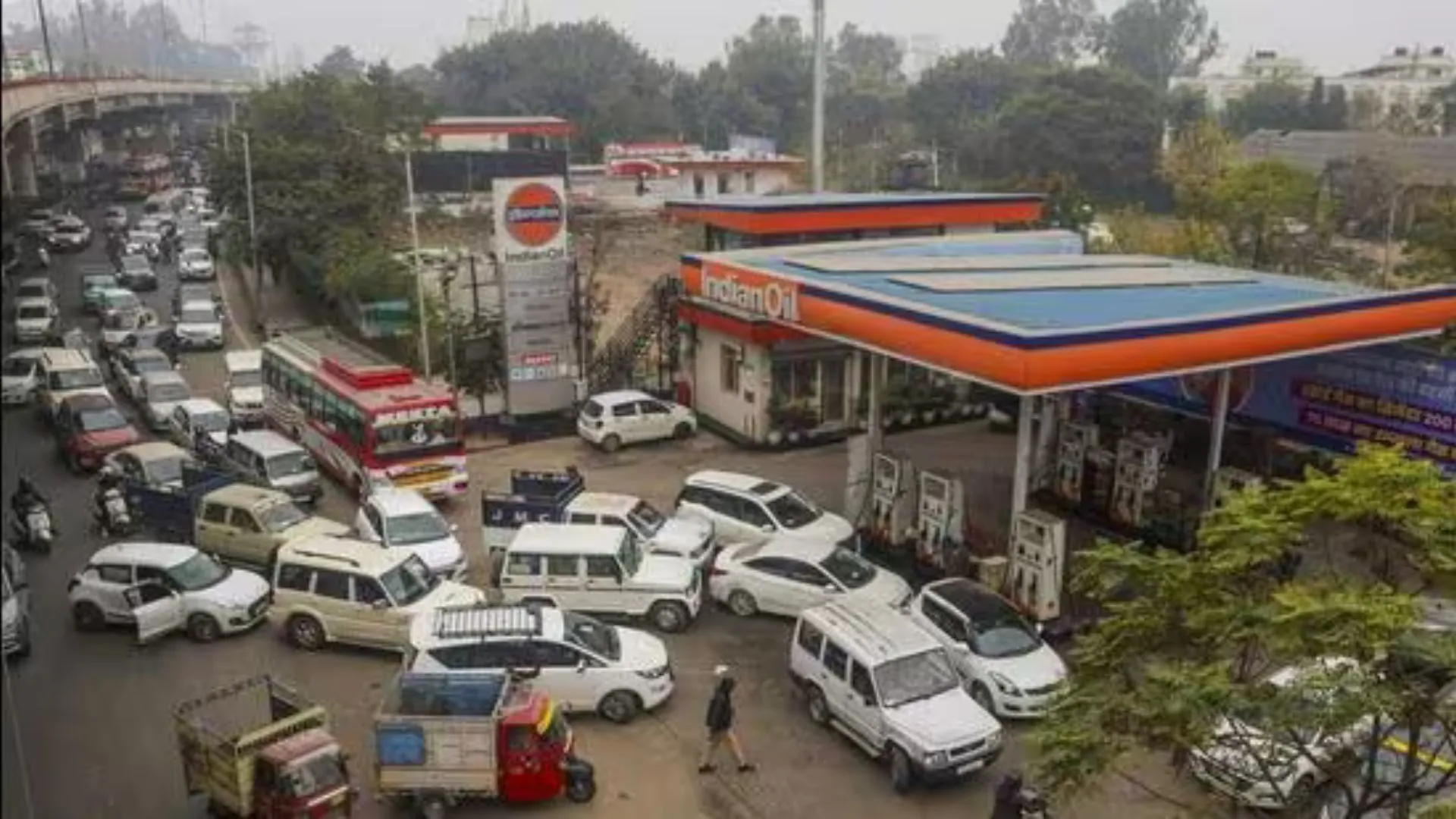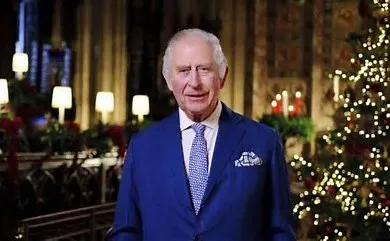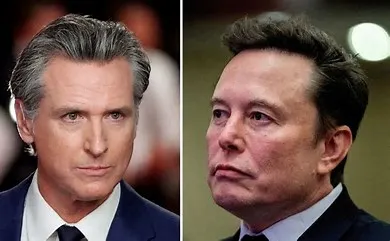Fuel rates directly affect sectors such as courier and logistics as fuel accounts for a significant share of their costs. In this situation, the growing prevalence of electric vehicles is raising a great deal of hope.
The logistics sector is relying heavily upon E-vehicles and it will be a game-changer for the whole industry, believes Ajay Mokariya, Managing Director, Shree Maruti Courier Services Pvt. Ltd. It is estimated that by the year 2030, 30-50 percent of the country’s vehicles will be converted to electric vehicles. Commercial use of electric vehicles has always been welcomed by the logistics sector. Large logistics companies are making active efforts to build a green supply chain in the next 5-10 years. More and more companies are adding electric vehicles to make transportation pollution-free. The logistics sector will be at the forefront of adopting electric vehicles.
“The unprecedented boom in the E-commerce business over the last few years has created huge opportunities for the logistics sector. The growing popularity of E-retailers has led to radical changes in the operations of the logistics sector. India’s E-commerce market was USD 46.2 billion in the year 2020, which is expected to grow to USD 111.40 billion by 2025. The concept of hyperlocal delivery is also gaining popularity in the industry. The hyperlocal delivery business involves collecting the products from the seller and delivering the same directly to the customer’s premises. This business will be a new growth engine for the logistics sector,” said Mokariya.
In the last one or two decades, significant populations of the world have settled in cities. That is why timely and accurate delivery of their necessities has become a major challenge for courier and logistics companies. About 80 percent of the population in the USA and Europe live in cities. Delivery to local people has also increased in the face of a growing population in urban areas, hence the need for radical changes in existing infrastructure.
The government is also making serious efforts for sustainable transport. Union Minister for Roads and Transport Shri Nitin Gadkari has been very active in maximising the use of E-vehicles to reduce carbon footprints. The central government has also proposed to impose a green tax on old vehicles running on petrol/diesel.
Smart City needs to set up recharge stations for electric vehicles. There should be massive investments in terms of the number of these stations, installation in a particular place, and capacity. From the perspective of both environment and energy, electric vehicles should be a priority for the current industries but there are some challenges to their efficiency.
The battery energy density used in these vehicles is lower than the average of existing petrol-diesel vehicles. The time it takes to recharge this type of battery is very long. In addition, there are not enough electric battery charging points in public places and in private places.
The existing freight delivery system in densely populated cities is causing many problems for logistics companies such as traffic on main roads, air, and noise pollution, fuel wastage, declining road safety, narrow roads, narrow roads, inadequate parking facilities, breathing difficulties due to polluted air, etc.
Therefore, the logistics industry needs to focus more on electric vehicles with pollution-free technology. Eco-friendly E-vehicles will make delivery easier and provide better service to customers. This will also solve some of the other complementary problems facing the industry. Most vehicles in urban transport travel at low driving speeds and electric vehicles are the most efficient at low speeds. Also, the routes used for delivery in urban areas are almost the same every second or third day, so the necessary arrangements can be made to recharge or replace the batteries of electric vehicles.






















